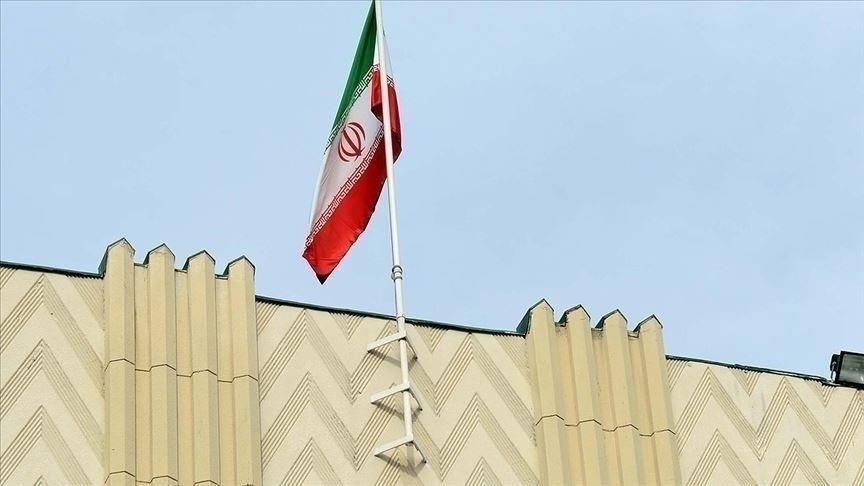TEHRAN, Iran
The initial registration process for election to the Iranian parliament will begin on Monday, according to Iran’s election headquarters, with candidates having a week’s time to file nominations.
Mohsen Eslami, the spokesman for Iran’s election headquarters, on Sunday said the schedule of the 2024 election has been announced to the heads of the election headquarters in all provinces.
Registration for the 12th term of the top Iranian legislative body since the 1979 revolution will be done through the Interior Ministry’s website and applicants must meet certain requirements.
The final round of registration will be held between Oct. 27 and Nov. 3 this year.
The eligibility criteria for candidates include the minimum age of 30 and maximum age of 75, a master’s degree or its equivalent, Iranian citizenship, and no dual nationality.
The election will be held on March 1, 2024, four years since the last parliamentary vote, with 290 seats up for grabs. Five seats in the Iranian parliament are reserved for religious minorities.
Under the Iranian Constitution, candidates who file their nominations will be vetted by the Guardian Council, the powerful government oversight body, before they make it to the final list.
In the 2020 election, out of roughly 14,000 people who registered to run for the Majlis, more than 6,500 names were rejected by the 12-member constitutionally-mandated council.
The last election was swept by the conservatives with reformists getting only 20 seats. Mohammad Baqer Ghalibaf, the former IRGC commander and Tehran Mayor, was elected the speaker.
The vote was overshadowed by the disqualification of some prominent reformist candidates as well as the lowest turnout in the country’s history, 42.4%, which officials at the time attributed to the outbreak of the COVID-19 pandemic in Iran.
Reformists ended up with a meager 6.9% of the vote, down from 41.7% in 2016. On the other hand, conservatives got a whopping 76.2% vote share, up from 28.6% in 2016.
The 2020 election was held in the backdrop of the anti-West wave in the country following the killing of Iran’s top military commander Qassem Soleimani in a US airstrike in January 2020.

